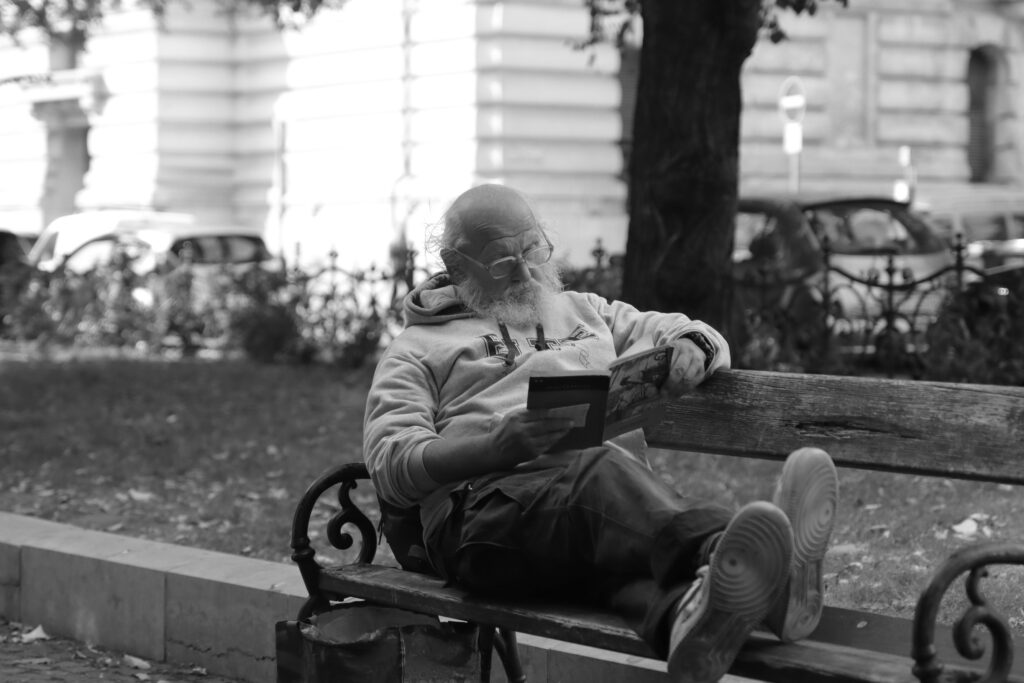
Delving into the world of Spanish involves encountering the fascinating realm of verb conjugations and their various tenses.
Take for example the variations “pude,” “podía,” and “podría,” which all mean “I could” in English but have unique usage. Of course, the same level of complexity applies to other persons, like “she could”, “we could” or “they could”.
This post will help you understand and use these forms correctly, equipping you with the knowledge to navigate the enchanting realm of Spanish effortlessly.
PUDE (SIMPLE PAST)
“Yo pude” is “I could” in the simple past. This tense is used to express completed actions in the past. When you say “yo pude,” you are confirming that you were able to do something at a specific point in the past:
Ayer, pude terminar mi proyecto.
Yesterday, I could (was able to) finish my project.
La semana pasada, pude ver a mis amigos.
Last week, I could (was able to) see my friends.
These examples show that “pude”, “pudiste” (you could) or “pudimos” (we could), for that matter, refer to specific instances where you successfully completed an action or were able to do something.
PODÍA (IMPERFECT PAST)
“Podía” is “I could” in the imperfect tense. This form is used to express an ability or possibility that existed in the past. It’s like when we see the past as several points in time or as a line in time:
Cuando era niño, podía correr rápido.
When I was a child, I could (I was able, I used to be able to) run fast.
En la escuela, podía hacer muchos amigos.
In school, I could (I was able, I used to be able to) make many friends.
In these examples, “podía”, “podías” (you could) or “podíamos” (we could), for that matter, indicate abilities or possibilities that were true during a certain period in the past.
PODRÍA (CONDITIONAL)
“Podría,” on the other hand, is the conditional form of “poder.” It translates to “I could” in a hypothetical sense or as a polite suggestion. This form is used to indicate potential actions or situations that depend on certain conditions, or in order to make a request:
Si tuviera tiempo, podría ir al cine.
If I had time, I could (I would be able to) go to the movies.
¿Podría ayudarte con tu tarea?
Could I (Might I) help you with your homework?
In these sentences, “podría” suggests possibilities that are contingent on other factors or situations, or a polite request.
IN SHORT
| Pude (preterite tense) | Completed actions or abilities at a specific moment in the past. |
| Podía (imperfect tense) | Abilities or possibilities in the past over a period of time. |
| Podría (conditional tense) | Hypothetical situations or polite suggestions |
TIPS!
PUDE: You confirm that you successfully did something at a specific time in the past.
PODÍA: Think of “podía” as relating to your past experiences or skills over time, or when you see something as going on, instead than as a point in time.
PODRÍA: Use “podría” when discussing what you might do under certain conditions or when you want to make polite suggestions.
IMPORTANT: In real life, rules are not so fixed, so you might use pude, podía or podría in the same sentence, depending on how you view the same event: a point in time, a line in time, a request, a condition?
Enough theory for now! Let’s play this game so you become an expert on how to say “could” in Spanish!




